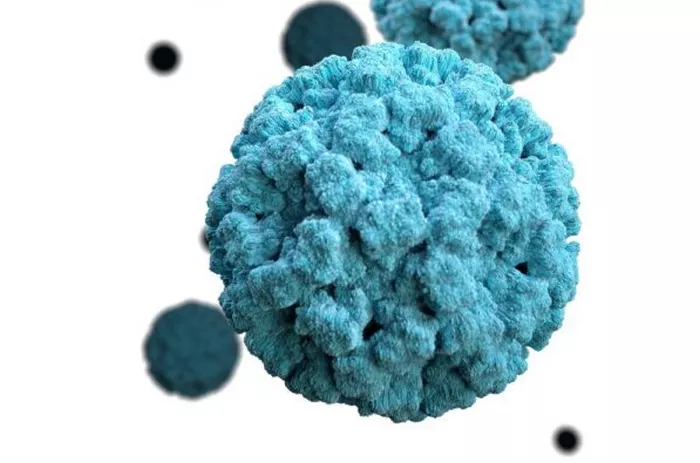HilleVax, a biotech company, has announced that its lead norovirus vaccine candidate, which had previously shown positive results in adults, has failed in its mid-stage trial in infants. The company has decided to halt further work on this program in infants and is now considering the possibility of continuing the vaccine’s development in adults.
The vaccine, HIL-214, uses a virus-like particle (VLP) that mimics a live virus to stimulate an immune response without causing infection. This design aims to represent the two groups of norovirus strains responsible for most human infections.
The Phase 2b study of HIL-214 included 1,339 infants in the U.S. and Latin America. The main goal was to measure the vaccine’s efficacy against moderate or severe gastrointestinal events, such as diarrhea and vomiting. The trial reported 51 such events: 25 in the vaccine group and 26 in the placebo group, resulting in a vaccine efficacy of 5%. No clinical benefit was observed in secondary endpoints.
In a statement, HilleVax CEO Rob Hershberg suggested that the low efficacy in the infant study might be due to the emergence of new strains within the viral groups covered by the vaccine.
Despite this setback, HIL-214’s safety and immunogenicity profiles matched previous findings from earlier studies. In adults, HIL-214 was well tolerated and showed significant efficacy against moderate or severe gastroenteritis due to norovirus.
HIL-214 originated from LigoCyte Pharmaceuticals, which Takeda Pharmaceutical acquired in 2012. In 2021, Takeda spun out HilleVax, with HIL-214 as its main asset. HilleVax raised $200 million from its IPO in 2022 and holds global development rights for HIL-214, except in Japan, where Takeda retains rights and a minority stake in HilleVax.
If HilleVax decides to abandon HIL-214, it has another vaccine candidate ready. In January, HilleVax acquired global rights (excluding China) to a norovirus vaccine from Chengdu Kangua Biological Products Co. for $15 million upfront, with additional payments tied to milestones. This new candidate, HIL-216, also a VLP, targets six norovirus strains, including the two covered by HIL-214. Phase 1 testing of HIL-216 is expected to begin in late 2024.
Analyst David Risinger from Leerink Partners noted that the earlier positive data from HIL-214 in adults suggest that another adult study might not replicate the disappointing infant trial results. He remains hopeful for the vaccine’s future in adults.
Despite this optimism, the failed trial caused HilleVax’s shares to plummet, closing at $1.64 on Monday, an 88.3% drop from Friday’s price. As of the end of the first quarter, HilleVax reported having $272.7 million in cash, expected to support operations for at least the next 12 months.


